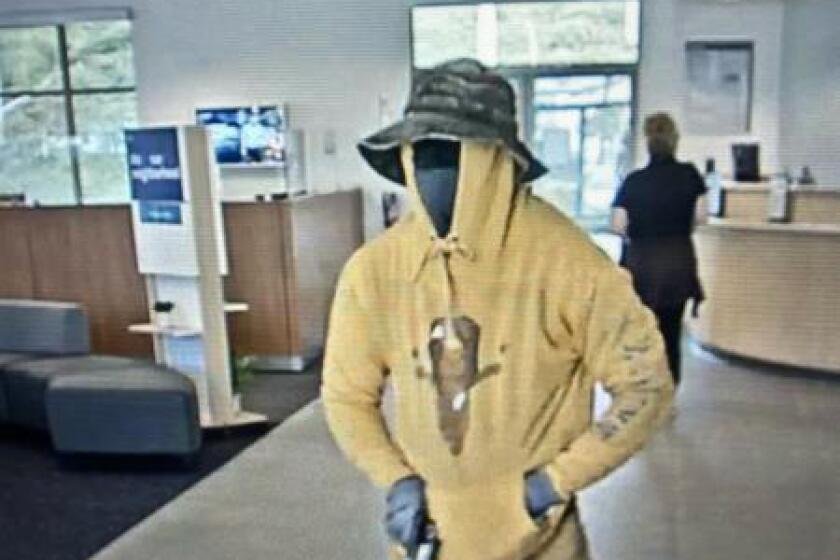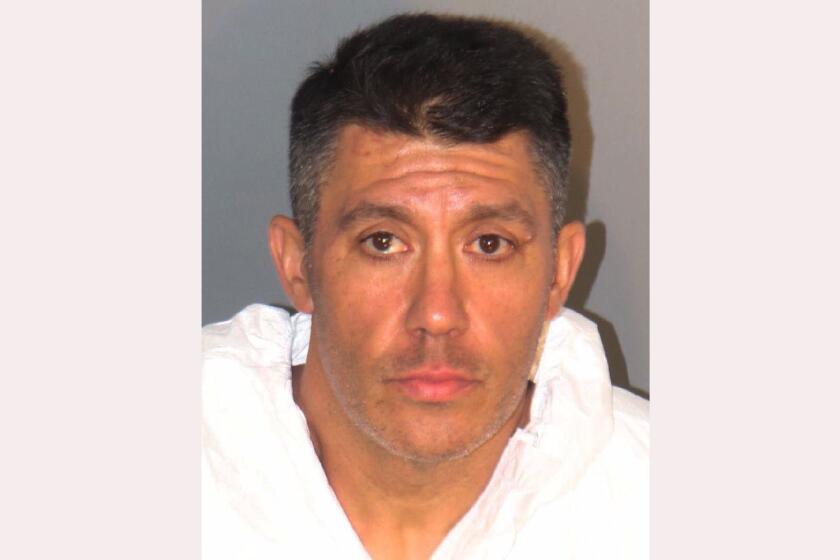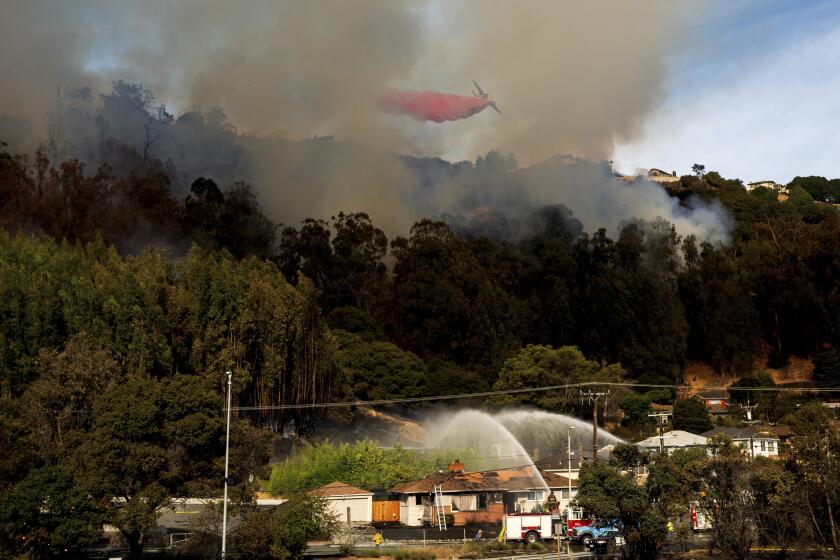Appeals Court Won’t Block State’s Helmet Law : Safety: Ventura lawyer represents motorcyclists. The ruling allows police to begin enforcing the new requirement.
An appeals court on Tuesday refused a last-minute plea by a Ventura lawyer to block enforcement of the state’s new helmet law.
The unanimous ruling by a three-judge panel of the 4th District Court of Appeal means that law enforcement officers can begin ticketing riders without helmets today.
Wendy C. Lascher, the lawyer who filed suit in Orange County Superior Court on behalf of four motorcyclists from around the state, said she was “very disappointed.”
Lascher, a former president of the Ventura County Bar Assn. who specializes in appellate law, said the suit was filed in Orange County because one of the plaintiffs, Timothy Buhl, lives there.
Despite the setback, Lascher expressed optimism that Superior Court Judge James J. Alfano will halt enforcement of the law on Feb. 26, when he hears arguments that the law violates motorcycle riders’ rights to freedom of expression.
On Friday, Alfano declined to issue a temporary restraining order that would block the law’s enforcement, saying that the motorcyclists had failed to prove that they would suffer irreparable harm if the law went into effect as scheduled.
The California Highway Patrol initially planned to issue only warnings during a 90-day grace period, but now says it will crack down today.
“We believe that the law has the potential to prevent great human tragedy and we will begin enforcing it at one minute after midnight,” said CHP spokeswoman Alice Huffaker.
Motorcycle riders were bitterly disappointed that the law will be enforced.
“It’s unfortunate,” said lawyer Paul Lax, state coordinator of ABATE (American Brotherhood Aimed Toward Education), a motorcycle riders group. “We’re very disappointed. If dressing yourself is not a protected liberty, then what is?”
The law’s supporters contend that bikers should wear helmets for their own protection and to lower the costs of accidents to the public, which covers hospitalization charges and disability payments for severely injured riders through higher insurance premiums and taxes.
Lax rejected those arguments, saying that only 9.7% of the head injuries in California traffic accidents in 1990 were to motorcycle riders.
However, Dr. Douglas Zusman, one of the chiefs of cardiac transplants at Hoag Hospital in Newport Beach, said his work graphically demonstrates the number of fatalities from head injuries in motorcycle accidents. He predicted that while the new helmet law will protect riders, it will also result in far fewer organs being available for transplants.
Lax said he objects to the law in principle. He said the state has no right to restrict a motorcyclist’s behavior to avoid the cost of the resulting injury.
If the helmet law is upheld, he said, the state could logically outlaw smoking to save the expense of caring for cancer patients and the wearing of high heels to avoid paying for spinal problems.
“Where would it end?” he said.
More to Read
Sign up for Essential California
The most important California stories and recommendations in your inbox every morning.
You may occasionally receive promotional content from the Los Angeles Times.










